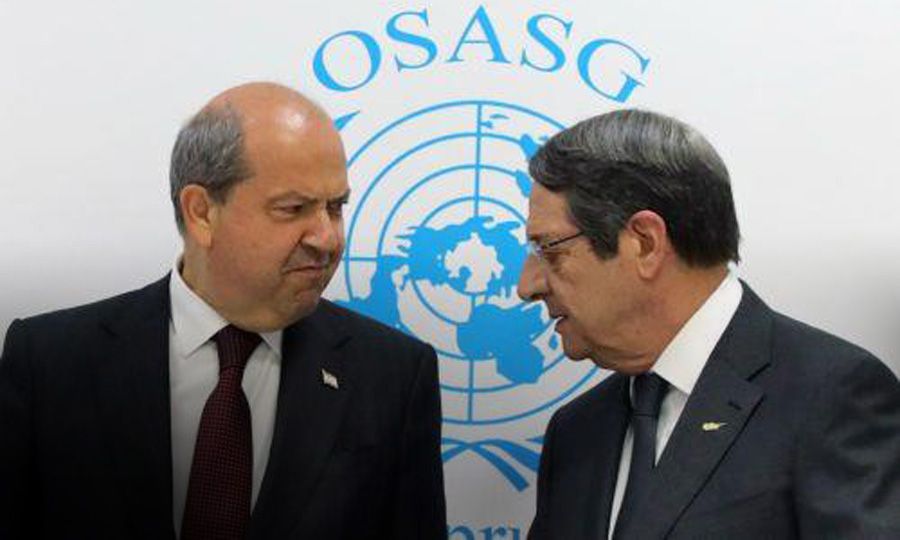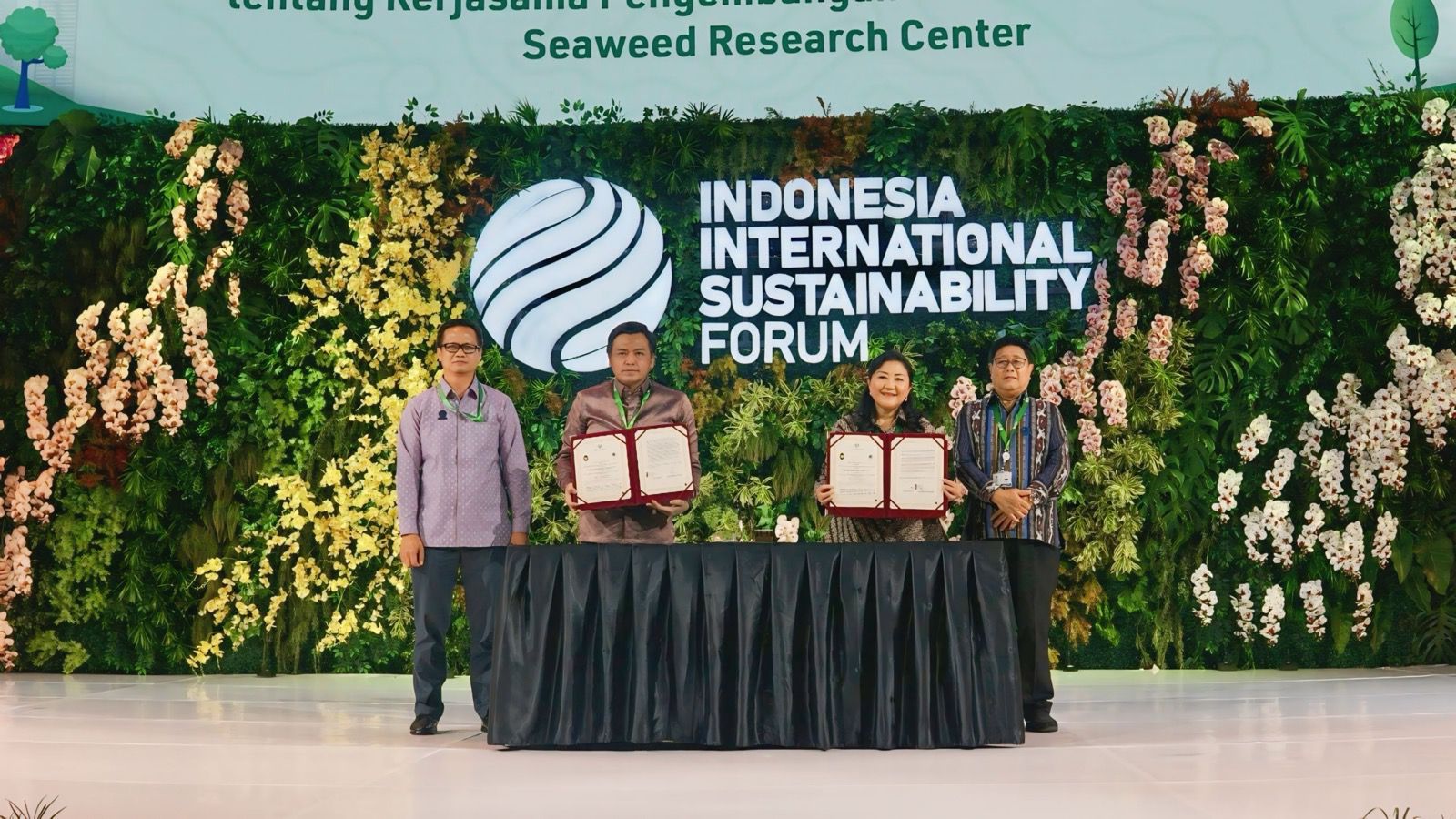World
TRNC President Highlights Security Concerns Amid Stalled Cyprus Talks
Hilario Ongpauco
06 Nov, 2025

The President of the Turkish Republic of Northern Cyprus (TRNC), Ersin Tatar, voiced concerns Saturday regarding the militarization of southern Cyprus during a press briefing at Turkish House (Turkevi) in New York, where he is attending the 80th session of the UN General Assembly.
Addressing reporters, Tatar stated that recent informal discussions with the Greek Cypriot side failed to produce any progress toward negotiation. "No common ground was found this week with the Greek Cypriot side," he remarked.
Tatar criticized the Greek Cypriots for their continued arms buildup despite claiming to pursue peace and stability. He revealed that the TRNC had informed United Nations Secretary-General Antonio Guterres about southern Cyprus’ heightened military activity, which has intensified after agreements with Israel.
"This excessive militarization exacerbates tensions and increases the risk of conflict on the island," he added.
Highlighting the historical challenges faced by Turkish Cypriots, Tatar recalled the restrictions imposed since 1963 and reiterated the TRNC’s commitment to advocating for the recognition of two sovereign states with equal rights on Cyprus. He stressed that in recent years, Turkish Cypriots have shifted their negotiating stance from seeking a federal solution to focusing on distinct sovereignty, a change he said has strengthened the TRNC’s position.
When questioned about possible timelines following the recent UN-facilitated talks, Tatar emphasized that without the Greek Cypriot side’s acceptance of sovereign equality, no official negotiations can proceed. "An agreement on fundamental issues remains elusive because southern Cyprus does not acknowledge the TRNC's demand for sovereign equality," he stated.
With full backing from Türkiye and bolstered by Ankara’s expanding influence globally, the TRNC now stands stronger on the island than ever before, according to Tatar. Despite lacking international recognition, the TRNC maintains active trade relations with multiple countries and attracts significant tourism and international students. He asserted, "Our institutional framework is robust, and southern Cyprus has no authority over the north."
The longstanding Cyprus conflict stems from ethnic divisions formed in the 1960s, leading to Turkish Cypriots retreating into enclaves for safety. Türkiye’s military intervention in 1974, following a Greek Cypriot coup aimed at annexing the island, resulted in the establishment of the TRNC in 1983.
Numerous UN-driven peace initiatives have attempted to resolve the issue, including a failed 2017 negotiation in Switzerland backed by Türkiye, Greece, and the UK. The Greek Cypriot Administration’s entry into the European Union in 2004 further complicated the dispute, coinciding with its unilateral rejection of a UN reunification plan that year.
Tatar’s remarks underscore persistent challenges facing the Cyprus peace process amid increasing security concerns and entrenched political positions.
Recommended For You

DSWD-Davao Disburses PHP700,000 in Stipends to Youth Interns, Expands Skills Training Initiatives
Nov 06, 2025
Lorenza Manguera

OCD-NIR Orders Preemptive Evacuation Near Ibid Creek Amid Flood Risks
Nov 06, 2025
Lorenza Manguera

Zamboanga City and NIA Forge Partnership to Secure Sustainable Water Supply
Nov 06, 2025
Soledad Evangelista

Meralco Nears Full Power Restoration Following Severe Monsoon Outages
Nov 06, 2025
Gaudencio Roxas
